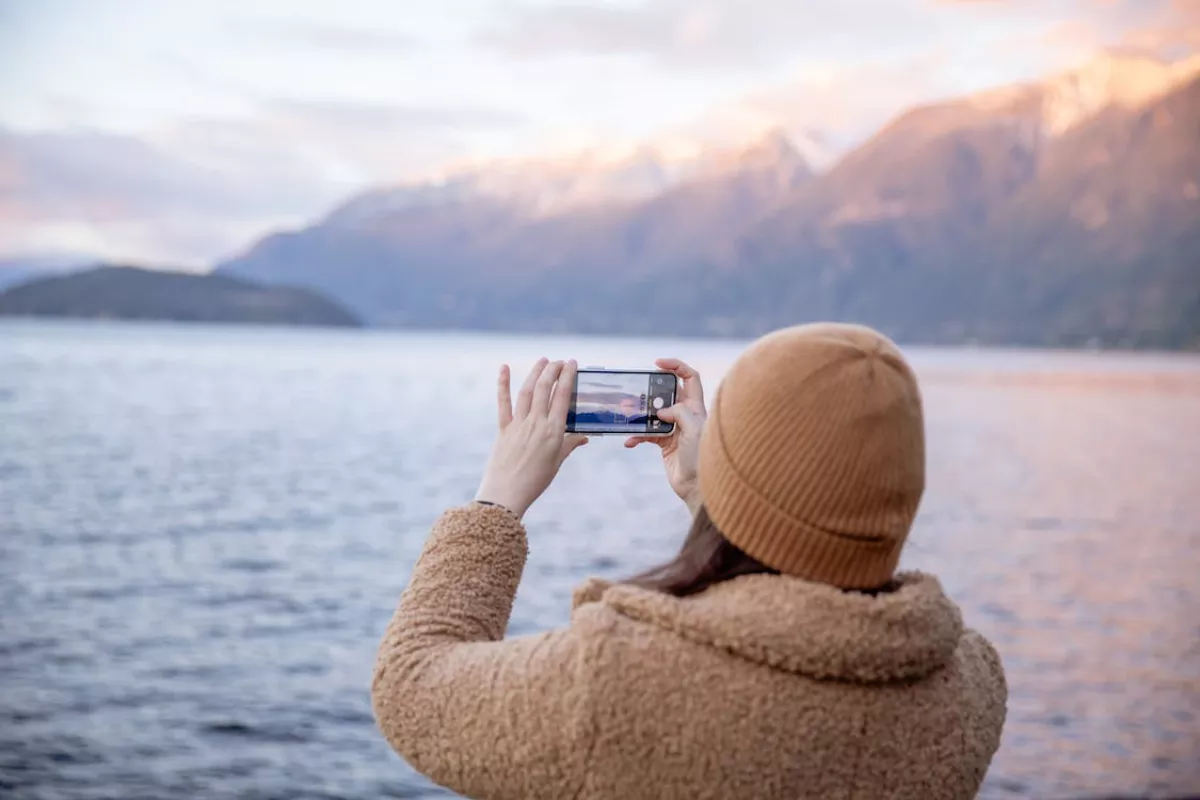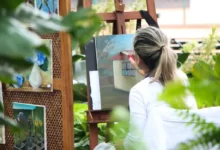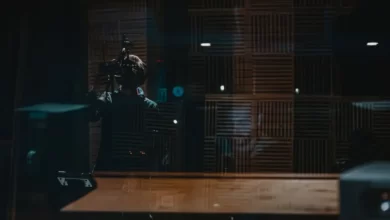In a world where everyone has a smartphone, we’re all amateur photographers, capturing moments with a tap of a screen. But what if you want to take your photography to the next level? If you’re ready to dive into the world of photography and truly master the art, you’ve come to the right place. In this guide, we’ll take you through the essential steps to mastering photography as a beginner. From understanding your camera to exploring composition techniques, we’ll cover it all.
Understanding Your Gear
Before you embark on your photography journey, it’s crucial to understand your equipment. Whether you have a DSLR, a mirrorless camera, or even just a smartphone, knowing your gear’s capabilities is essential. Learn about ISO, aperture, and shutter speed – the three pillars of photography. Experiment with these settings to understand how they affect your images.
Mastering Composition Techniques

A well-composed photograph is often what sets apart a beginner from a master. Here are some composition techniques to enhance your photos:
Rule of Thirds: Imagine your image divided into nine equal segments by two vertical and two horizontal lines. Place your subject along these lines or at their intersections to create a more balanced and visually appealing photo.
Leading Lines: Use lines in your scene – be it a road, a river, or even buildings – to lead the viewer’s eye toward the main subject.
Symmetry and Patterns: Symmetrical subjects and repeating patterns can create stunning visual impact. Look for reflections, architecture, or nature to apply this technique.
Foreground and Background: Pay attention to what’s in the foreground and background of your shot. A well-chosen foreground can add depth, while a clean background ensures your subject stands out.
Lighting Matters
Mastering photography is all about understanding and using light to your advantage. The best times for natural light photography are during the golden hours – shortly after sunrise and before sunset – when the light is soft and warm. Overcast days can also provide beautifully diffused light. Experiment with different lighting conditions to see how they affect your images.
Exploring Different Genres
Photography is a diverse art form with numerous genres to explore. As a beginner, don’t hesitate to try different styles to find what resonates with you. Some popular genres include:
Landscape Photography: Capture the beauty of nature, from serene sunsets to breathtaking mountain ranges.
Portrait Photography: Learn to work with people as subjects. Experiment with different poses, expressions, and lighting setups.
Street Photography: Train your eye to capture the essence of everyday life in the streets, often focusing on candid moments.
Macro Photography: Delve into the tiny world by photographing intricate details of small subjects like insects, flowers, or objects.
Post-Processing Skills
In the digital age, post-processing is a vital aspect of photography. While it’s important to capture great shots in-camera, post-processing can elevate your images to another level. Learn the basics of photo editing using software like Adobe Lightroom or free alternatives like GIMP. Adjusting exposure, contrast, colors, and cropping can make a significant difference.
Developing Your Style
As you gain more experience, you’ll start developing your photography style – a unique way of seeing and capturing the world. Your style might be characterized by the subjects you choose, the colors you emphasize, or the emotions you evoke. Don’t rush this process; it will naturally evolve as you continue to shoot and experiment.
Learning from Others
Photography is a journey that’s best shared. Engage with the photography community by joining online forums, social media groups, and attending workshops or photography meetups. Constructive feedback and learning from experienced photographers can accelerate your growth.
Practice, Patience and Perseverance
Becoming a master of photography takes time and dedication. The more you practice, the more you’ll learn. Don’t be discouraged by initial failures; they’re all part of the learning process. Keep pushing yourself to try new techniques, experiment with different subjects, and refine your skills.
Conclusion
Mastering photography as a beginner is an exciting and rewarding journey. From understanding your equipment to mastering composition, lighting, and post-processing, there’s a lot to explore. Remember that every great photographer started as a beginner. So, embrace the learning process, stay curious, and keep capturing those moments that truly matter to you. Your mastery of photography will be a reflection of your dedication and passion for the art.









